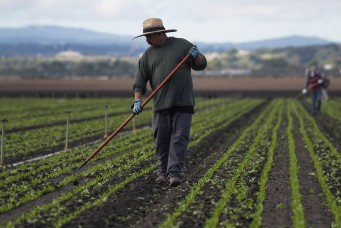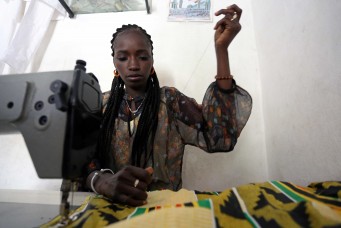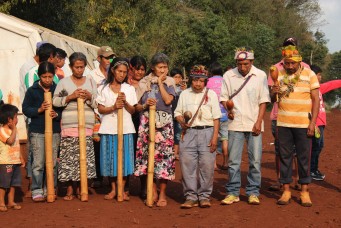Land of Immigration
A long-serving former head of the Migrants Branch of the International Labor Organization W.R. Boehning once wrote that, “The history of mankind is a history of migration.” Egyptians, better than most, know the value of Boehning’s insight.
As one of the four cradles of human civilization, the Nile valley and environs have witnessed a long succession of migrations that have forged and re-forged the population of the area.
In the context of the Arab Spring, international migration will matter increasingly in Egyptian domestic politics and in its relations with other countries. Egypt will have a particularly high stake in regional developments because those events are likely to affect Egypt directly as witnessed by influxes of refugees and other migrants from Eritrea and the Sudan, the rest of North Africa and, most recently, Syria. Egyptians need to be mindful that most of future population growth worldwide is expected to occur in sub-Saharan Africa and countries like nearby Yemen.
Egypt is a less significant migration transition country than Turkey or Morocco but appears to share their destiny. They are becoming lands of immigration and increasingly need public policies to regulate international migration ranging from refugee inflows to non-nationals employed in the informal economy. Migrations viewed as temporary often result in settlement. So careful thought will need to be given to naturalization policies and perhaps legalization.
Democratization increasingly implies enabling diasporic populations to participate from abroad. Modalities available include absentee voting and consular voting although some democracies require emigrants to return home to vote. One of the more interesting questions for future research is to inquire into the role played by diasporic populations in the Arab Spring.
Another interesting question for future research involves Islamic values and ethics as they pertain to the formulation of public policies to regulate international migration in mainly Islamic societies. Perhaps predominantly Islamic states will regulate international migration in a distinctive way that is quite unlike those approaches witnessed in Europe or North America.
While we are unaccustomed to thinking about Egypt as a land of immigration, it has an immigration history second to none. The Egypt we know today is a product of that history and is fated to continue to be enriched by a new wave of international migrants in the future. It is fully part of what colleagues and I term the “Age of Migration,” the period roughly coincident with the onset of the most recent wave of globalization circa 1970. Can Egypt become one of those states that succeed in harnessing the potential inherent in inter-state human mobility in the interests of not only Egyptians, but the migrants as well? The answer to this question will increasingly affect the future evolution of Egyptian society and politics.
Mark J. Miller is the Emma Smith Morris Professor of Political Science and International Relations at the University of Delaware. He is the co-author of The Age of Migration.





